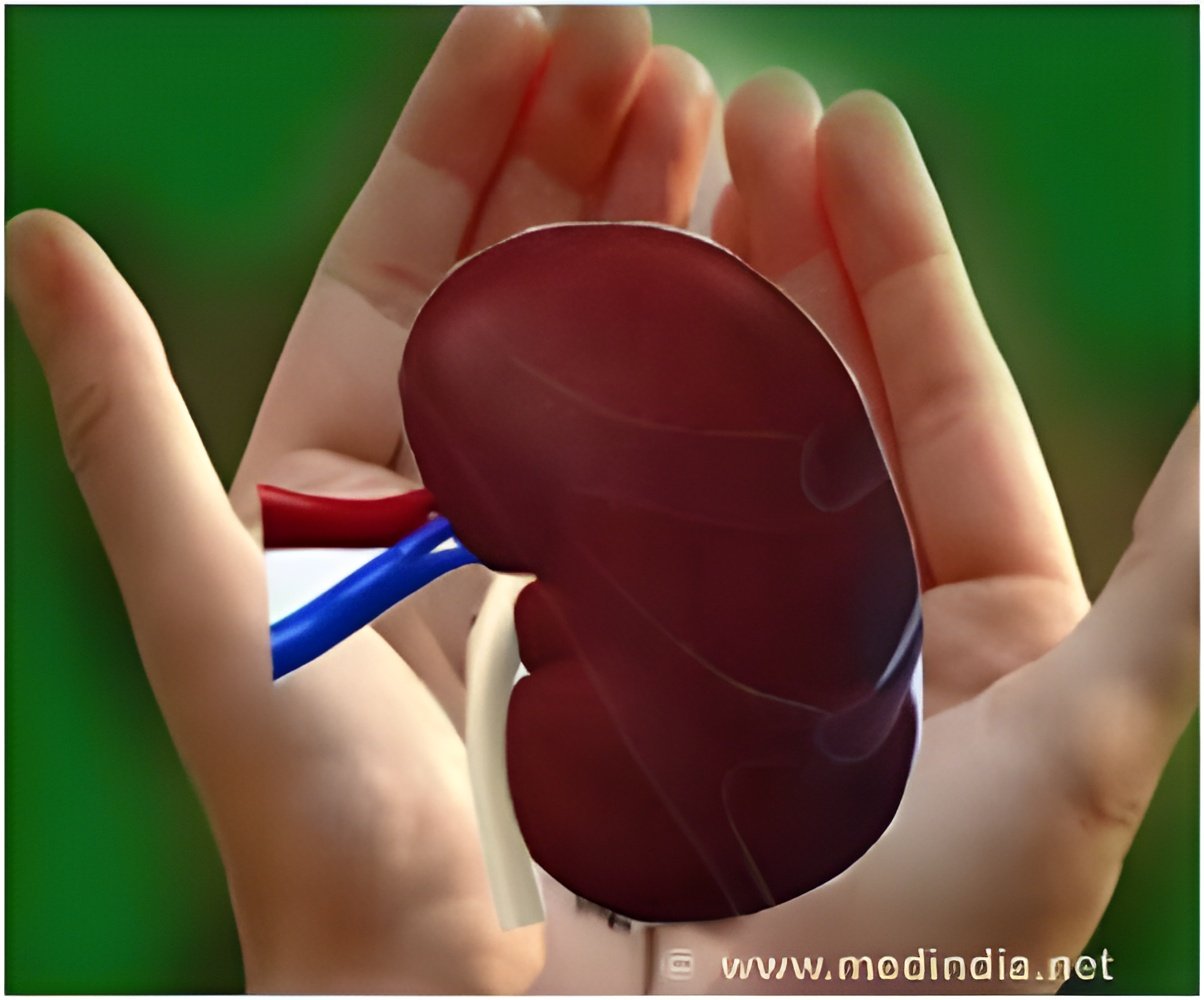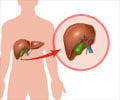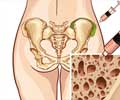Lower frequency of organ donation at large general hospitals in Ontario than at hospitals with clinical programs for transplant recipients, points to missed opportunities to optimize organ donation.

"Our research suggests lower frequency of deceased organ donation at large general hospitals than at transplant hospitals," writes Dr. Donald Redelmeier, a physician at the Institute for Clinical Evaluative Sciences and the University of Toronto, with coauthors. The absolute reduction amounted to about 121 actual organ donors per year in large hospitals in Ontario and was accentuated among older patients. "Some of the shortfall may be explained by appropriate medical judgment, given that older organs are sometimes unsuitable for transplantation to young recipients. However, unfair age discrimination may be an additional explanation," write the authors.
Over the 17-year study period the number of actual donors increased steadily and was almost double comparing the last year to the first year. The average age of donors increased from about 40 to 51 years of age by the last year of the study. Men and women were equally represented. Patients aged 59 years or younger were about 10 times more likely to become actual donors than patients aged 60 years or older. Patients with lower socioeconomic status were about 30% less likely to become actual donors than patients with higher socioeconomic status. The most common condition leading to donation was brain death due to major trauma.
The authors suggest more training, education and improved policies around potential donors at large general hospitals in Ontario. Redelmeier and colleagues also stress, "Any of these approaches would require tact, is prone to misinterpretation and is rarely included in national campaigns for organ donation. The current data suggest, however, that prevailing practices lead to missed potential opportunities for solid organ donation in large general hospitals."
Source-Eurekalert
 MEDINDIA
MEDINDIA




 Email
Email




